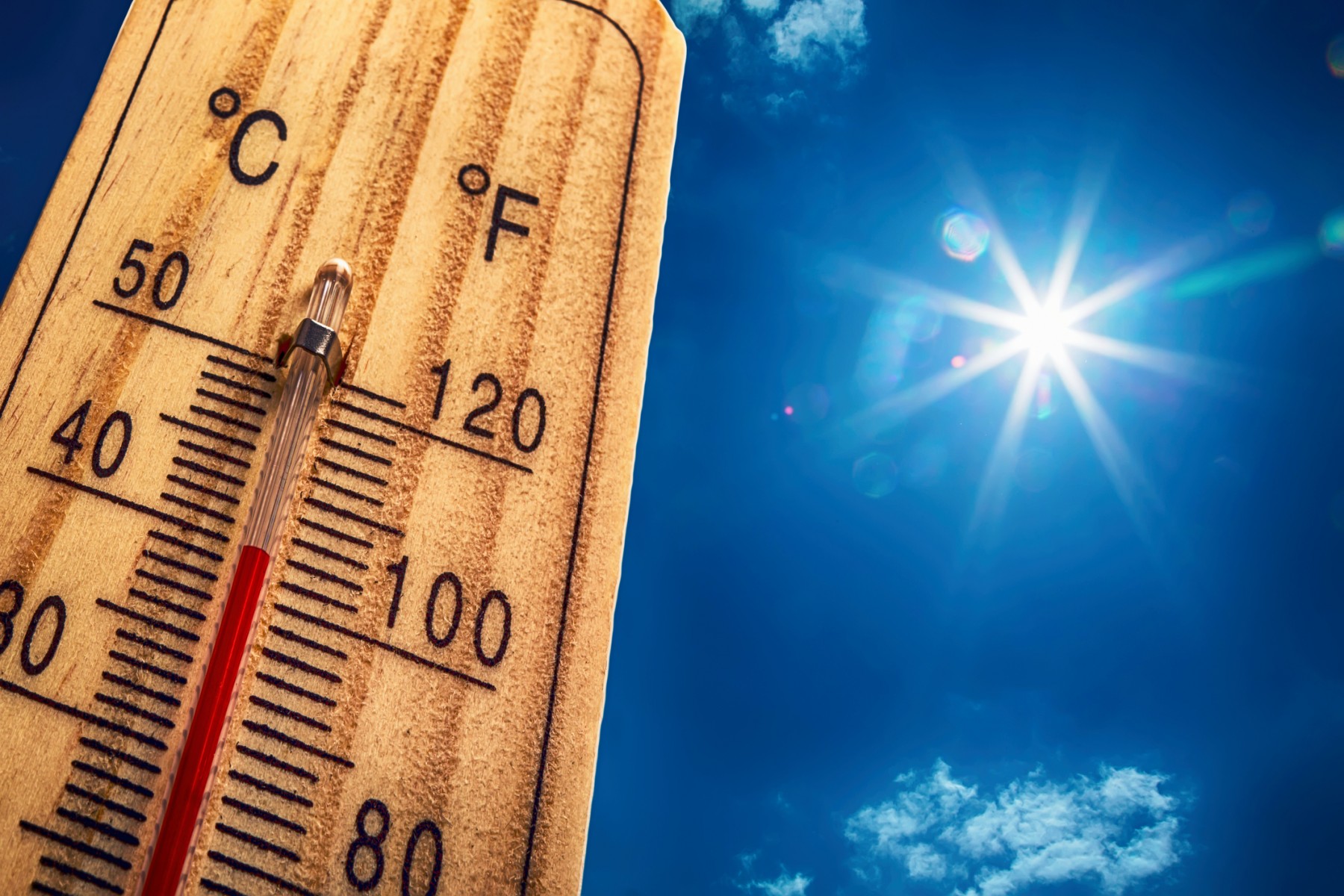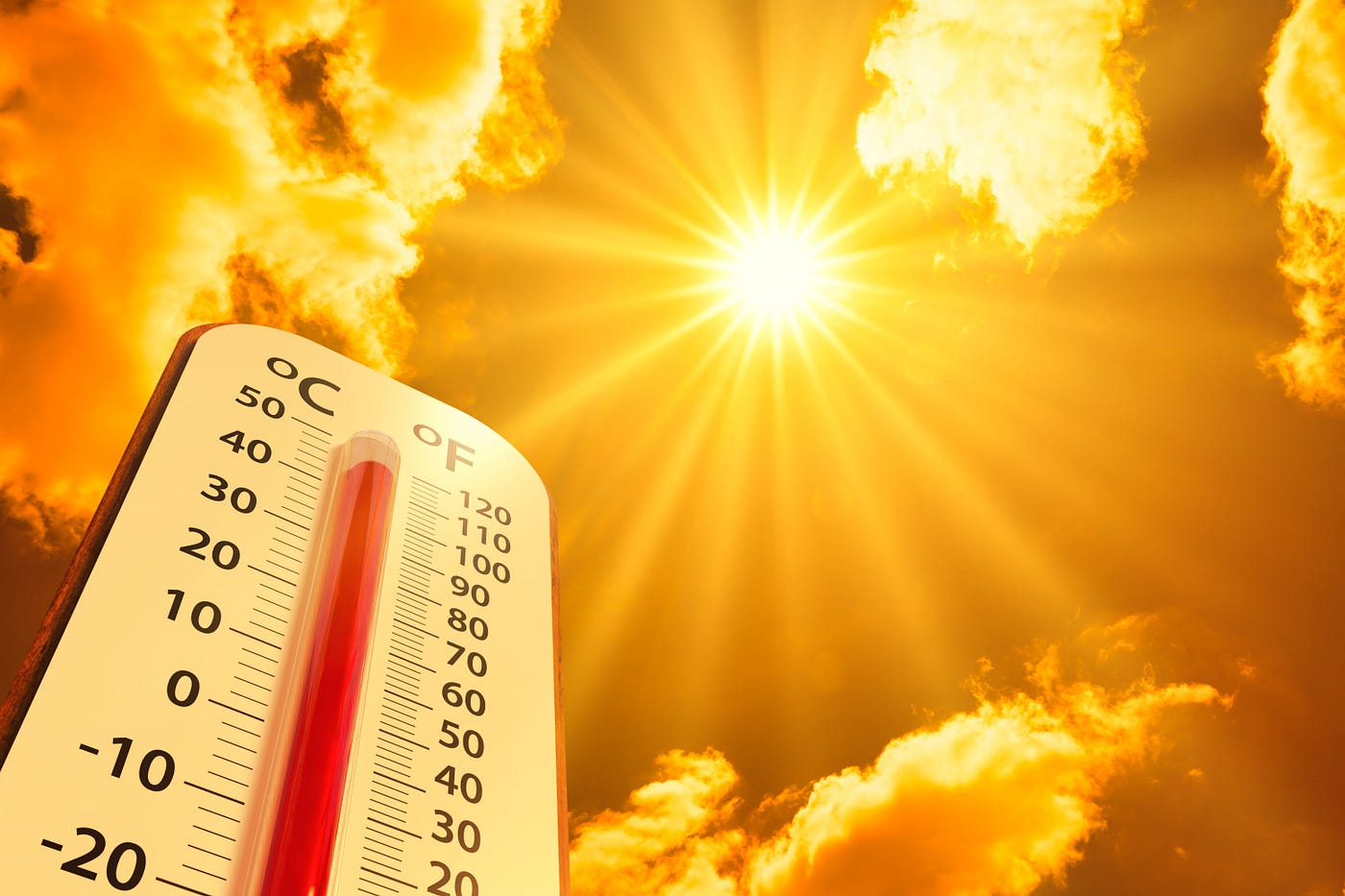As the summer unfolds, businesses are bracing for an unprecedented season of weather-related challenges. From early summer heat waves to a potentially record-breaking Atlantic hurricane season, the economic repercussions could be significant. Paul Walsh, Managing Director of G2 Weather Intelligence, has closely analyzed the potential impacts and warns that this season could be as perilous as any he’s witnessed. “The forecast for the summer is as risky as I’ve ever seen,” Walsh told FOX Weather, highlighting the broad scope of industries that could be affected.

The Triple Threat: Heat, Hurricanes, and Wildfires
The meteorological community marks the beginning of summer with a dire outlook. California and the Southwest are already under extreme heat advisories, with temperatures expected to soar into the triple digits. This intense heat not only poses a direct threat to health but also exacerbates other environmental risks, including wildfires and poor air quality.
Walsh’s concerns are compounded by the latest hurricane season forecast from NOAA, which predicts an aggressive 17-25 named storms. “When you combine all those things—the health effects of the heat waves, the bad air quality, and the potential of wildfires that we’re seeing, along with the hurricane forecast— it paints a pretty scary summer season as it relates to weather risk,” Walsh explained.
A detailed update on the long weekend with some cool nights, some sunny days but also some cloudy days and risk of some light rain. Avoid the dramatic headlines and look at the details but certainly a better spell of weather ahead as we start Summer. pic.twitter.com/c96jfrRXOP
— Carlow Weather (@CarlowWeather) May 30, 2024
Business Response to Weather Extremes
The increasing frequency and intensity of weather events have led more businesses to delve into the weather data market. Traditional sectors like energy, agriculture, and insurance have long utilized weather analytics. However, Walsh notes a significant shift: “More and more companies, like consumer packaged goods companies and retail companies and other companies, pharmaceutical companies, are beginning to use weather data and forecasts, using what we call seasonal forecasts, to help them think about how they better prepare.”

Leveraging Technology for Weather Preparedness
One silver lining in this storm cloud is the advancement in technology that allows businesses to better anticipate and respond to weather events. Companies are increasingly turning to machine learning and artificial intelligence to stay one step ahead. For example, Walmart has famously used predictive technology to ensure supplies of certain products, like strawberry Pop-Tarts, are sufficient before hurricane threats materialize. This method, which began over two decades ago, is a testament to how retail giants prepare for disaster impacts.
Digital Resilience in the Face of Climate Challenges
The concept of “digital resilience” is gaining traction among businesses as weather events become more frequent and severe. Walsh emphasizes the importance of being prepared: “We’re getting better at being able to be prepared for these kinds of high-impact events.” This proactive approach is crucial for minimizing disruption and maintaining continuity in operations across various sectors.

As we venture deeper into the summer, the lessons learned from past weather events and the strategies implemented by companies like Walmart will be critical. Businesses must navigate these challenges with a keen understanding of weather patterns and a robust technological toolkit to mitigate risks effectively. The economic impact of this summer’s weather could be profound, underscoring the need for all sectors to bolster their preparedness and resilience strategies.










